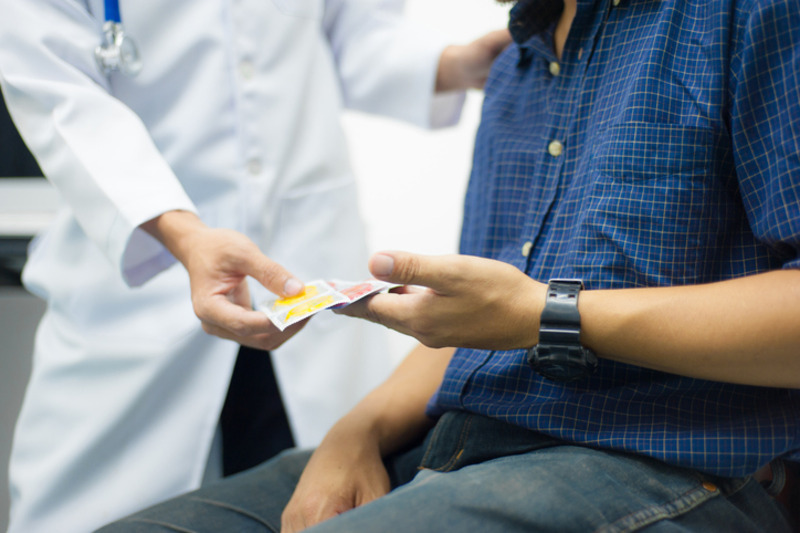Understanding whether someone has a sexually transmitted disease (STD) is an important and sensitive topic. It's crucial to approach this subject with sensitivity and respect for everyone involved. So, how can you tell if someone has an STD? Here are some tips on how to approach this delicate subject and what you should consider.
Signs and Symptoms:
1. Unusual Genital Discharge: One of the most common symptoms of an STD is an unusual discharge from the penis or vagina. This can be discolored, thick, or have a strong odor.
2. Pain or Burning Sensation: Pain or a burning sensation when urinating can indicate the presence of an STD, such as chlamydia or gonorrhea.
3. Genital Sores or Rash: Certain STDs, such as herpes or syphilis, can cause sores, blisters, or a rash in the genital area.
4. Itching or Irritation: Persistent itching, irritation, or discomfort in the genital area could be a sign of an STD, such as pubic lice or trichomoniasis.
5. Flu-Like Symptoms: Some people may experience flu-like symptoms, including fever, fatigue, and body aches, as a result of contracting certain STDs, such as HIV or hepatitis.
It's important to note that many STDs do not cause noticeable symptoms, which is why regular testing is crucial, especially if you are sexually active or have multiple partners.
Testing:
1. Get Tested Regularly: STD testing is the only way to know for sure if someone has an STD. Encourage open communication with sexual partners about testing and ensure that everyone involved is regularly tested.
2. Confidential Testing: STD testing is confidential, and results are protected by patient privacy laws. There are various testing methods, including blood tests, urine tests, and swabs of affected areas.
Communication:
1. Have a Conversation: If you suspect that someone may have an STD, approach the topic with empathy and understanding. Encourage them to seek testing and treatment, if necessary. Remember to communicate with respect and without judgment.
2. Seek Professional Help: It's important to involve healthcare professionals in these conversations. They can provide accurate information, testing, counseling, and treatment options.
Prevention:
1. Safe Sex Practices: Encourage the consistent use of condoms for every sexual encounter, as this can reduce the risk of contracting or transmitting STDs.
2. Limit Sexual Partners: Having fewer sexual partners can decrease the likelihood of exposure to STDs.
3. Vaccination: Vaccines are available for certain STDs, such as HPV and hepatitis B. Encourage vaccination as a preventive measure.
Remember, discussing STDs can be sensitive, and it's essential to approach the topic with care and understanding. Supporting individuals in seeking testing, treatment, and prevention can contribute to promoting sexual health and well-being for everyone involved.





